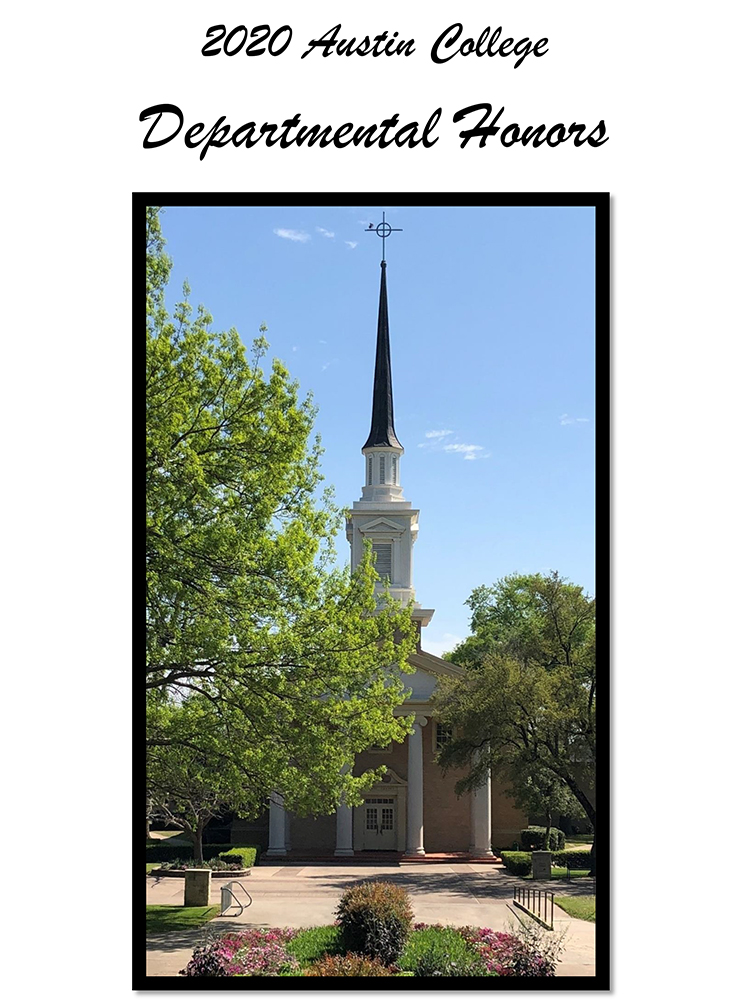 Every spring, Austin College faculty members invite superior students to complete the Departmental Honors Program, challenging them to use their disciplinary training to delve deeper into a topic of interest within their major. This year, 20 seniors each completed a thesis or other special project, and their diplomas will indicate “Honors in (Field)” at Commencement. The students completed their honors work in anthropology, biology, chemistry, communication, East Asian studies, economics, English, French, history, mathematics, music, physics, public health, and Spanish.
Every spring, Austin College faculty members invite superior students to complete the Departmental Honors Program, challenging them to use their disciplinary training to delve deeper into a topic of interest within their major. This year, 20 seniors each completed a thesis or other special project, and their diplomas will indicate “Honors in (Field)” at Commencement. The students completed their honors work in anthropology, biology, chemistry, communication, East Asian studies, economics, English, French, history, mathematics, music, physics, public health, and Spanish.
Departmental Honors Booklet 2020 | Departmental Honors Program
“The value of tackling an Honors Thesis lies in accepting the struggle that naturally accompanies a larger academic project.,” said Dr. Wolfgang Lueckel, Departmental Honors director and associate professor of German. “The acquisition of knowledge is one thing, but it is a fundamental experience to explore and discover a subject, subsequently organize what one has found, and ultimately whip it into a convincing and presentable shape. Being able to successfully communicate a powerful argument to one’s audience is the real reward.”
Lois Bronaugh, who completed Honors in History, agrees, though the project involved even more time and effort than she originally anticipated. “I don’t know if I have ever been more pleased with an academic endeavor in college,” she said.
Learning about oneself in the midst of 200 to 250 hours of work is inevitable. “I believe my thesis shows important aspects of myself and my tenacity in taking on challenges, even during situations of adversity like classes, jobs, a family death, and a global pandemic,” Bronaugh said. “This has demonstrated that I can put in a lot of effort, motivate myself into the pursuit of discovery, and look at things from multiple perspectives.”
That learning is a never-ending process was another lesson for Bronaugh. ”We have to find our niche in it all,” she said. “We all need to learn motivation and organization, and the honors program is an excellent way for students to test their mettle and grow as individuals. No matter what comes during the process and after graduation, an honors thesis enables students to create something of their own invention, as well as demonstrate their ability to face the unknown and make something amazing out of it.”
Upon completion of the research, students must defend their thesis in an oral examination administered by the each student’s three-member thesis committee. The committee includes two faculty members from the student’s major department and one from outside. Some departments may have additional requirements for participation.
Shelby Bagby, who is planning a career in medicine, had done STEM research, said she had not done formal, individual research, especially in the Humanities, before beginning her research in Spanish. “I was really new to entering into the literary conversation,” she said. She knew that this opportunity was likely her last to formally study Spanish, and it seemed that Departmental Honors would be a perfect end to the Austin College chapter of her education.
She said she really took on the project because of her faculty member, and that a strong relationship is a great result of that. “I also learned that Humanities research is every bit as difficult as STEM, and I’m shocked it doesn’t get the credit it deserves,” Bagby said.
Bagby said students will find valuable lessons through the honors program, but urges that students don’t take it on because they think it will look good or for applause. “Do it because you see your future in it,” she said. “If you have a genuine interest to work with your faculty director long-term over a topic that brings you joy, go for it!”
Khanh Nguyen, completing Honors in Chemistry, had done summer research on the same topic that she continued for Departmental Honors. Since she had not been as involved in the background research of those summer projects, she felt that aspect of the honors program would be particularly beneficial and she though expected to grow as a writer and researcher.
She had expected her senior year course load to offer her plenty of time for research, but found that experiments took up much of her extra time, spending long hours in the IDEA Center. When her opportunities for experiments were shortened this spring, she had more time to spend on writing.
“I have improved my skills of time management, writing, experimenting, reading scientific literature, and most importantly, I have developed a deeper love for science,” Nguyen said. “I feel my project is relevant to the science field, and that other scientific studies have so much to say! It is no doubt that I plan to continue research in medical school. Since I plan to become a doctor, continual learning is an essential aspect and doing an honors thesis has helped me commit to that.”
The 20 students who completed Departmental Honors follow, along with their thesis title.
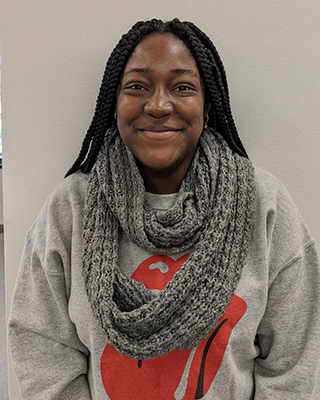 Piriton “Phoebe” Ilaye Angaye Piriton “Phoebe” Ilaye AngayeDenton, Texas Honors in Economics “Predicting Federal Student Loans of Austin College Graduates with FAFSA Data” |
 Jasmine Babool Jasmine Babool Plano, Texas Honors in Public Health “A Comparative Analysis on the Utilization of Complementary and Alternative Medicine practices and the burden of Postpartum Depression in the United States and Thailand” |
 Shelby Paige Bagby Shelby Paige BagbyForney, Texas Honors in Spanish “Dos cuentos de Santiago Ramón y Cajal bajo de un microscopio: ‘La casa maldita’ y ‘El pesimista corregido’” |
 Nicole Jordan Baker Nicole Jordan BakerMcKinney, Texas Honors in Biology “Aphid-Parasitoid Interactions: Effects of Host Plant Defenses and Genetic Consequences of Parasitoid Stress” |
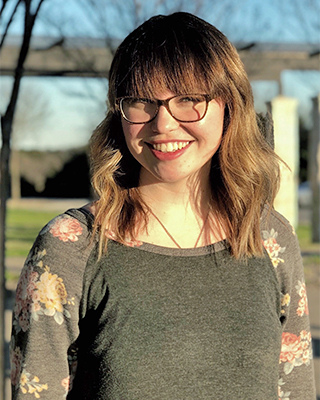 Lois Ann Bronaugh Lois Ann BronaughBuda, Texas Honors in History “Forever the Thinker: the International Context of Marx(ism) in the 1840s” |
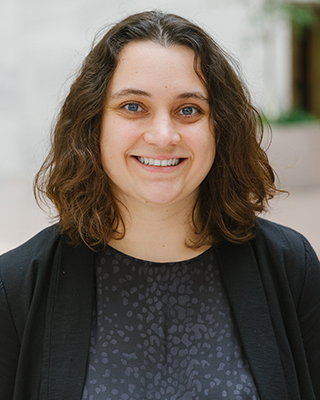 Zaliah Abriel Finegan Zaliah Abriel FineganBayside, California Honors in Communication “The Impact of Presidential Campaign Tweets on Our Democracy: A Rhetorical Study” |
 Nicholaus Paul Frederick Nicholaus Paul FrederickPantego, Texas Honors in History “Senator Hattie Caraway: Silent Power” |
 Andrew John Futcher Andrew John FutcherSt. Petersburg, Florida Honors in English “Iraqi Science Fiction’s Response to the Iraq War” |
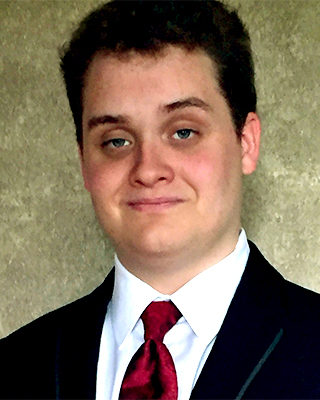 John T. Haynes John T. HaynesFairview, Texas Honors in Anthropology “Art for Truth’s Sake: Feminism and Christianity in Elizabeth Stuart Phelps’ Novels” |
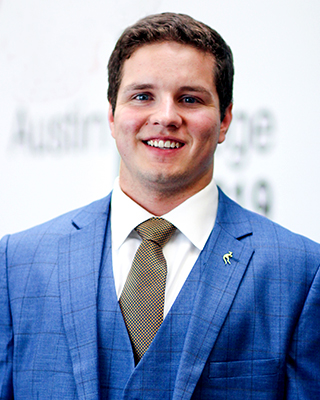 Seth Parker Howard Seth Parker HowardLantana, Texas Honors in Economics “Firm Behavior in the Face of Severe Weather: Studying the Effects of Deterministic and Probabilistic Warning Systems” |
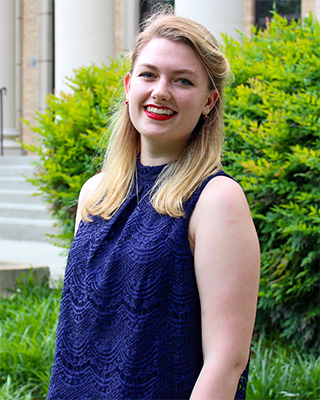 Holly Marie Kapp Holly Marie Kapp Dodd City, Texas Honors in English “Laying the Law: Mary as Legislatrix in ‘The Miracle of Theophilus’ |
 Haeun “Noel” Kim Haeun “Noel” KimSeoul, South Korea Honors in East Asian Studies “’I Was Murdered Because I Was Born a Woman:’ Feminism Today In South Korea and Japan” |
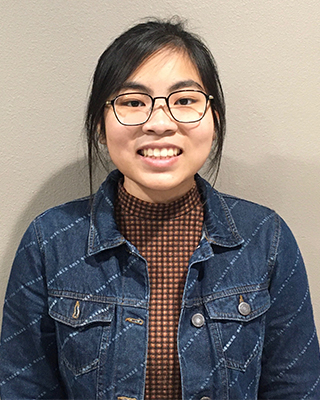 Khanh Tran Minh Nguyen Khanh Tran Minh NguyenArlington, Texas Honors in Chemistry “Investigating the properties of mutant 3E Alpha B Crystalline “ |
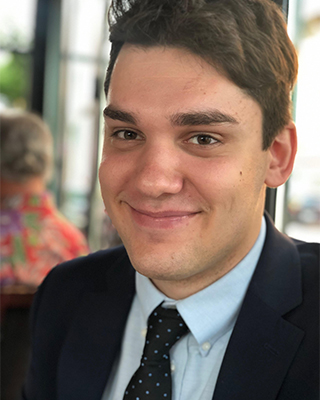 Oliwier Marcin Owczarek Oliwier Marcin OwczarekHouston, Texas Honors in Economics “A Basic Solution” |
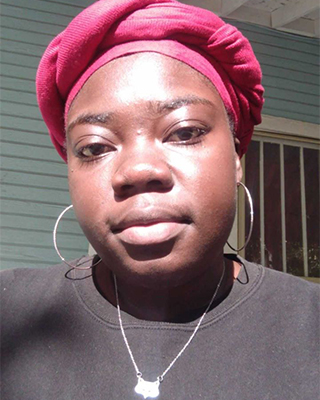 Manuella Owusu Manuella OwusuKaty, Texas Honors in French “Métissage-Marronnage: la démarginalisation du canon littéraire antillais” |
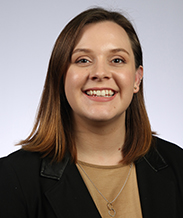
Emma Jewell Page |
 Natalie Grace Randall Natalie Grace RandallDelray Beach, Florida Honors in Mathematics “Meal to Funding Source Assignment for Meals on Wheels of Tarrant County” |
 Toni Jean Richardson Toni Jean RichardsonForestburg, Texas Honors in Music “Cross-training for the Female Vocalist: Reconciling the Conflicts Between Classical and Commercial Vocal Techniques” |
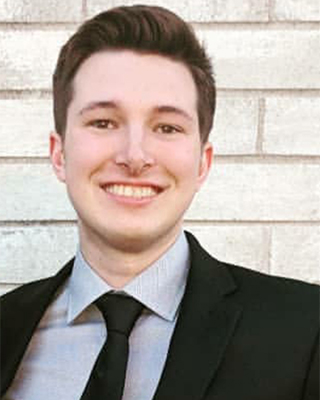 John William Thompson John William ThompsonMcKinney, Texas Honors in History “Cults and Communes in Texas” |
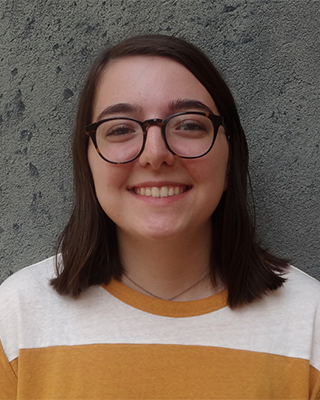 Jillian Rose Vandergrift Jillian Rose VandergriftCarrollton, Texas Honors in English “Art for Truth’s Sake: Feminism and Christianity in Elizabeth Stuart Phelps’ Novels” |
Austin College, a private national liberal arts college located north of Dallas in Sherman, Texas, has earned a reputation for excellence in academic preparation, international study, pre-professional foundations, leadership development, committed faculty, and hands-on, adventurous learning opportunities. One of 40 schools profiled in Loren Pope’s influential book Colleges That Change Lives, Austin College boasts a welcoming community that embraces diversity and individuality, with more than 50 percent of students identifying as persons of color. The residential student body of approximately 1,300 students and more than 100 expert faculty members allow a 13:1 student-faculty ratio and personalized attention. Related by covenant to the Presbyterian Church (USA), Austin College cultivates an inclusive atmosphere that supports students’ faith journeys regardless of religious tradition. The College, founded in 1849, is the oldest institution of higher education in Texas operating under original name and charter.

